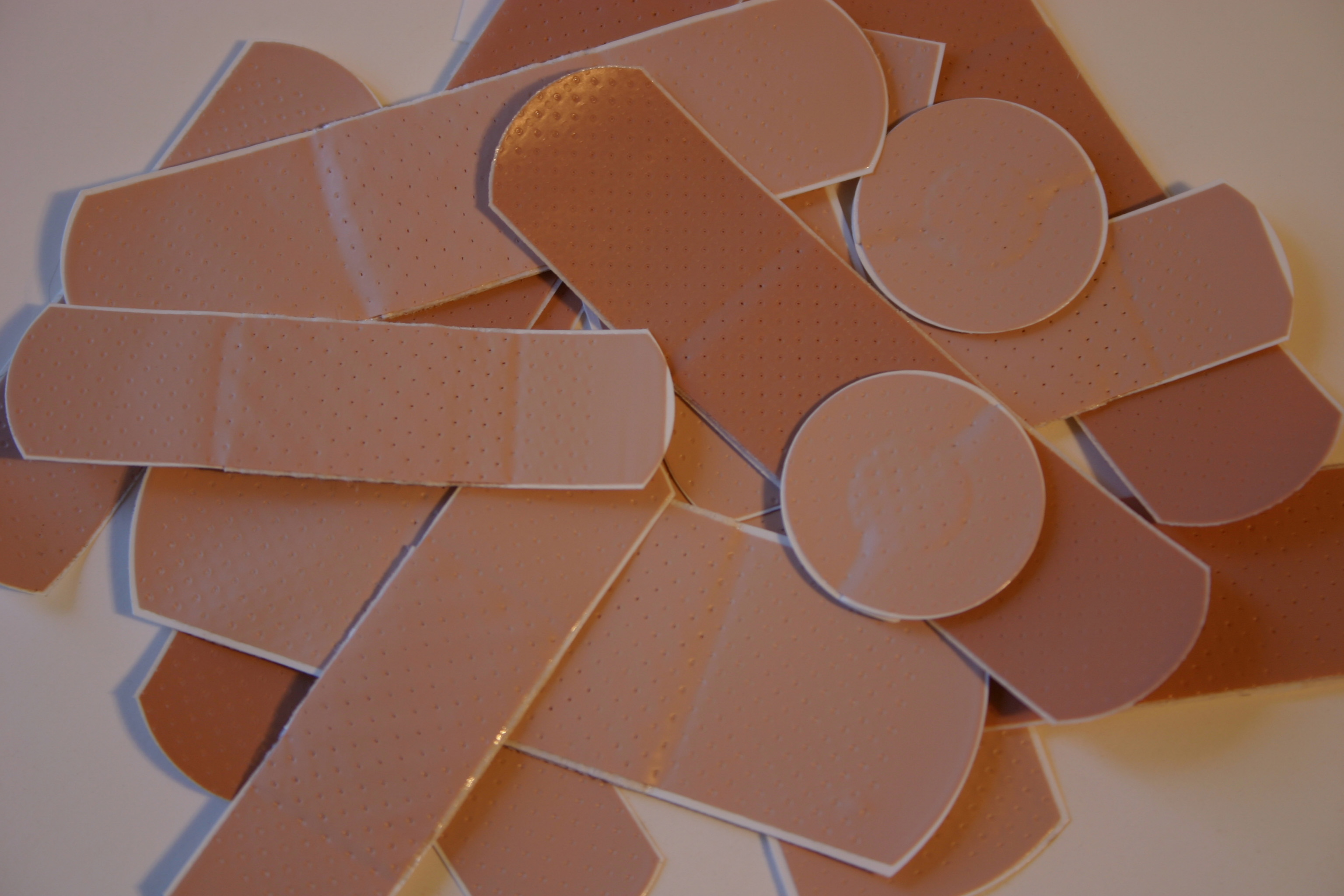
22 Apr Thinking of filing for bankruptcy?
Photo: xandert/morguefile.comQ. I’m thinking of filing for bankruptcy. I have $15,000 in credit card debt from when I was out of work last year. I’m behind on my car payments but current on my mortgage. How can I decide if bankruptcy is the way to go or if I should just keep struggling?
A. The decision to file bankruptcy is a tough one because it will impact so many parts of your financial life.
There are several factors to consider here.
First, you do not have a high amount of credit card debt compared to the average consumer bankruptcy debtor, said Ilissa Churgin Hook, a bankruptcy attorney with Hook & Fatovich in Wayne.
“Keep in mind that you can only receive a Chapter 7 discharge — pursuant to which the credit card debt would be discharged or `wiped out’ — once every eight years,” Hook said. “So, the question is should you use that opportunity now, or wait a little longer to see if you can pay some of the debt down?”
If you are back at work, Hook said you may want to make a list of your monthly household expenses, including your monthly car payment and arrearage payments if you want to keep the car, and determine how much monthly excess income you have to dedicate to credit card payments.
If you do not have excess income, or if it will take you many years to pay off the debt while interest and fees continue to accrue, you may want to consider a bankruptcy filing, she said.
Most consumers seek relief either under Chapter 7 or Chapter 13 of the United States Bankruptcy Code.
Generally, in a Chapter 7 case, a debtor seeks a discharge from his/her debts in exchange for exposing his/her assets to an examination by a third party trustee, who acts as a fiduciary for creditors, Hook said.
“One of the trustee’s obligations is to look for assets that have equity — after taking into account the costs of sale, any liens against the asset, and any relevant bankruptcy exemptions — and can be liquidated to pay creditors,” she said.
You said you’re current on your mortgage, so you’ll need to get an evaluation of the fair market value of your home to determine if there is enough equity in your home to cause a Chapter 7 trustee to seek to sell it in order to pay your creditors.
Then there’s a Chapter 13 filing, which is an option available to an individual or a married couple with regular income seeking to reorganize his/their debts and retain assets.
“A Chapter 13 case normally lasts three to five years and involves a payment plan which allows a debtor to repay his/her debts over time,” Hook said. “The length of the Chapter 13 Plan depends on your income and ability to make monthly payments.”
Notably, she said, additional interest on unsecured debts such as credit cards and medical bills does not accrue during the life of the Chapter 13 plan. Depending on your income and expenses, you may be able to pay back your debts in a court-approved payment plan.
“The decision of whether bankruptcy is the best option for you involves examining many issues, and you should consult a bankruptcy professional regarding all of the relevant facts of your specific situation,” Hook said. “However, a good starting point in your analysis is to understand your monthly budget and how much, if any, excess income you have each month to pay back old debt.”
Email your questions to Ask@NJMoneyHelp.com.
This story was first posted in April 2015.
NJMoneyHelp.com presents certain general financial planning principles and advice, but should never be viewed as a substitute for obtaining advice from a personal professional advisor who understands your unique individual circumstances.
